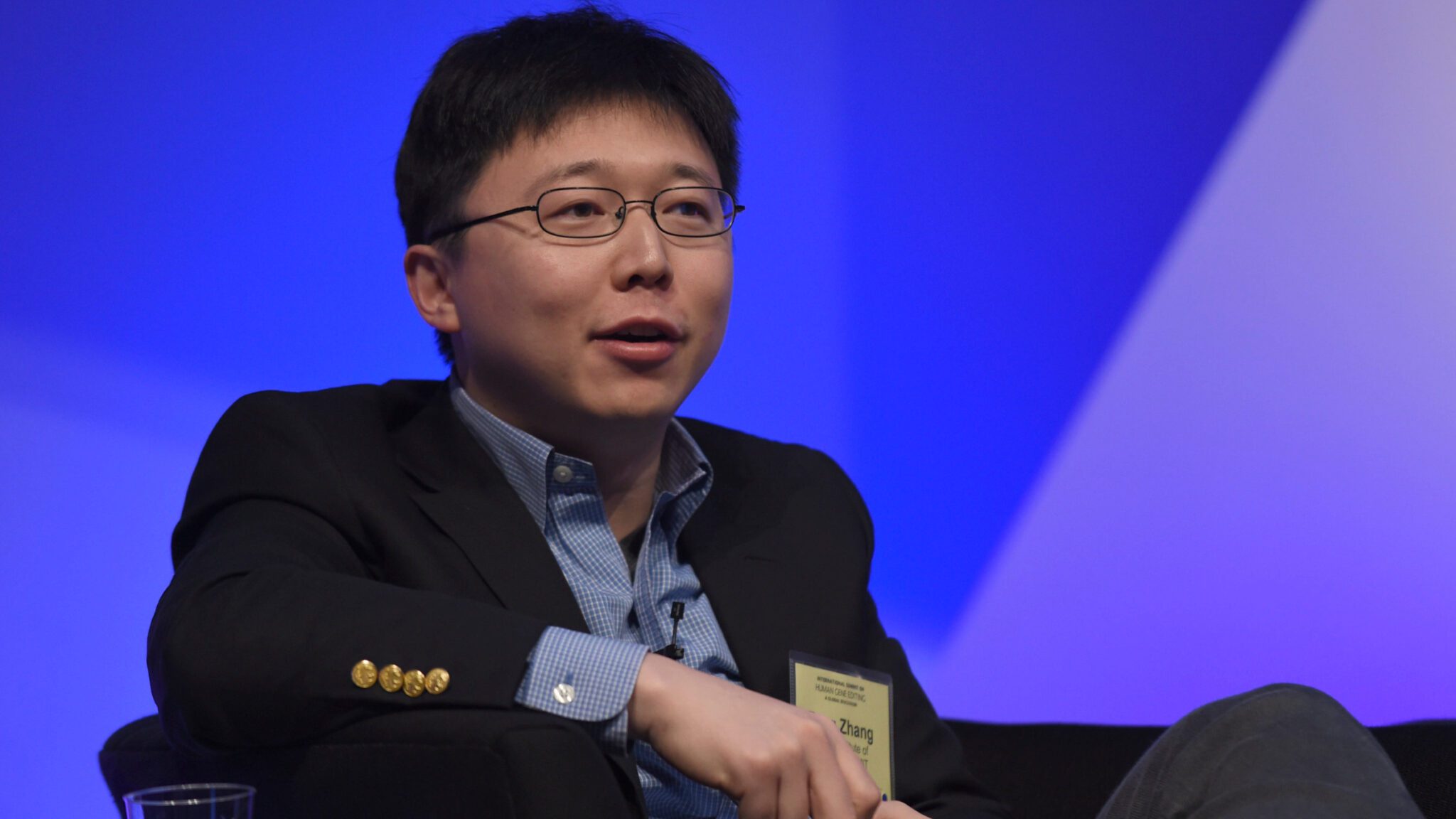
Feng Zhang (Susan Walsh/AP Images)
Broad Institute lands major victory in CRISPR patent fight over UC Berkeley, Nobel winners
Emmanuelle Charpentier and Jennifer Doudna have their Nobel prizes in chemistry for their CRISPR-Cas9 DNA scissors, but the US Patent and Trademark Office made clear …
Sign up to read this article for free.
Get free access to a limited number of articles, plus choose newsletters to get straight to your inbox.